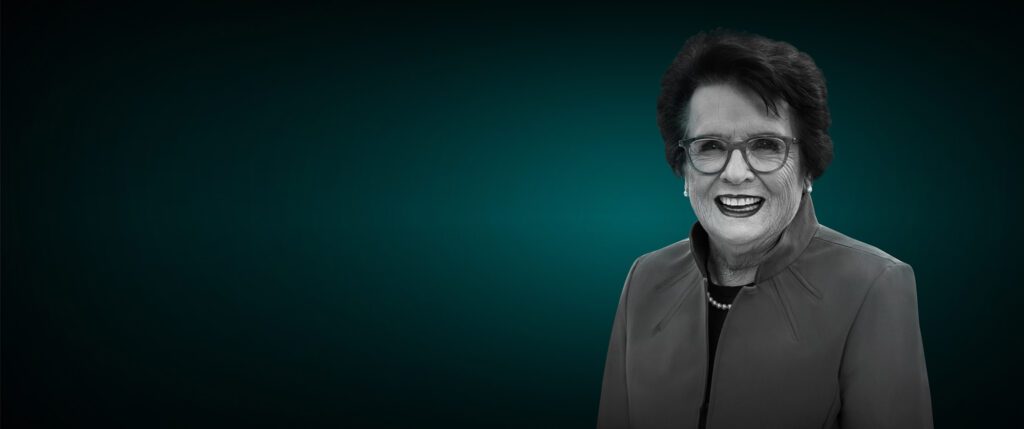
Author: Simona Scarpaleggia
Board Member, EDGE Strategy
Reputation is defined as the opinion that people in general have about someone or something, or how much respect or admiration someone or something receives, based on past behaviour or character. On that very point, Socrates claimed: “Regard your good name as the richest jewel you can possibility be possessed of.”
His words still ring true today, for the importance of reputation in business has never been more critical, especially when it comes to a company’s ‘good’ or ‘bad’ track record in Diversity, Equity and Inclusion (DE&I). Depending on how an organization’s DE&I progress is measured, monitored, and communicated can have a direct impact on how an organization is perceived, and how it performs.
When I joined IKEA in Switzerland, while the business was considered a market leader, its brand perception was challenged. Of the three critical measures – quality, low price, and sustainability – we only rated highly on low price, and that was a risk for our brand positioning. Whereas there was an advantage in being considered affordable, it was to our detriment to be poorly thought of in terms of the quality of our product, and our commitment to sustainability and social good. So, we changed things around.
Staff engagement
The key was in engaging our staff from the beginning. We actively sought individuals and teams that better mirrored our diverse customer base. We engaged designers with broader national and cultural understanding. We conducted various initiatives that connected our brand to society at large, including providing temporary employment to refugees, many of whom were later engaged on a permanent basis, and put particular emphasis on training for both Swiss and non-Swiss employees on how to work alongside different cultures.
As part of a much wider plan, we also became EDGE Certified at Move level in 2013 and within two years had reached the Lead level – tangible proof of the steps we had taken and the progress we had made on our journey towards a better, more diverse organization. Building on the insights we gained from going through the certification process and implementing the suggested actions, we managed to increase both internal and external awareness.
Of particular importance was communicating our progress to all our stakeholders and the media, recognizing the positive impact this would have on our co-workers, the company and the business.
The perception of the business changed remarkably in the eyes of its publics and placed us in the top three organizations within the IKEA group in the scoring of the quality, low price and sustainability Index by which we were measured.
What we witnessed, and what other businesses will similarly experience if focused on the right things, is that reputation not only has a direct impact on attracting the right talent, but it also makes you a more desirable organization for people to want to work with and buy from. And this has a direct correlation with improving market share.
Proactive and consistent
Being proactive and consistent in your DE&I strategy ultimately creates a fairer organization in which people are proud to be associated and belong. It encourages other stakeholders to get closer to your brand. Having the right policies also brings about its own rewards: a 50:50 shortlist for any new hires or promotions, for example, will ultimately lead to a 50:50 pipeline of talent!
The media in Switzerland, as I am sure they are in other parts of the world, are very thorough. They do not want to get caught out or look foolish for reporting on an organization’s DE&I performance without checking the real story behind the statements. In our case, they contacted our employees, to see whether what we said in public, was consistent with how we performed in private. It’s certainly a lesson from which many others could learn, and organizations should never be blindsided by their own PR. As Professor Robert Eccles, founding chairman of the Sustainability Accounting Standards Board wrote in the Harvard Business Review some years ago: “Looking at the world and one’s organization through rose-tinted spectacles is an abdication of responsibility.”
The strength of a brand can be measured in terms of how many times its customers are prepared to forgive it, should something go wrong. Recognizing that reputational risk is a category of risk, in its own right, is therefore essential. An individual or an organization with a strong reputation and proven track record may be given a second chance if accused of some misdemeanor about which they had no prior knowledge; an organization or individual with a poor reputation may find themselves hung out to dry.
Caring about your reputation is important, and so too is evidencing and communicating your actions. Over-claim, and you will surely be exposed, as recent stories of greenwashing and pinkwashing have shown. Ensuring your DE&I policies are consistent and fair, however, will reap significant rewards, financial and social.
Book a demo
Wherever you are in your DE&I journey, whether at the very beginning or further along, EDGE Empower helps accelerate your progress, and through EDGE Certification visibly prove it – applying the same discipline and rigour that you would to other business-critical missions. Learn more by booking a demo, today.





